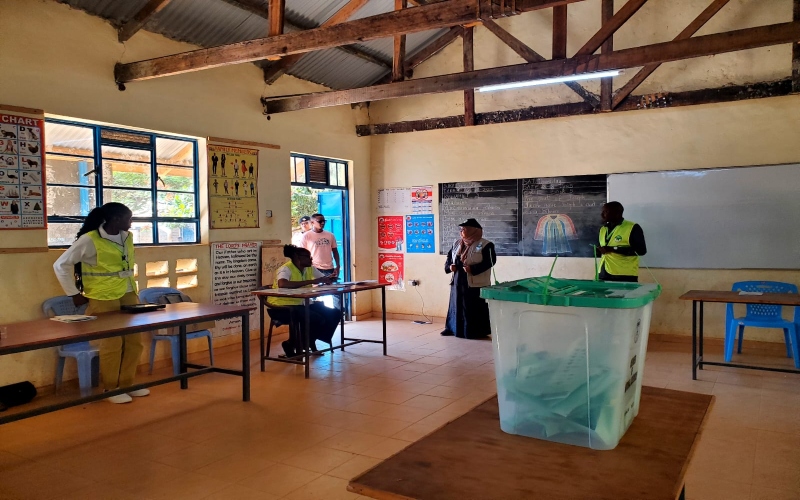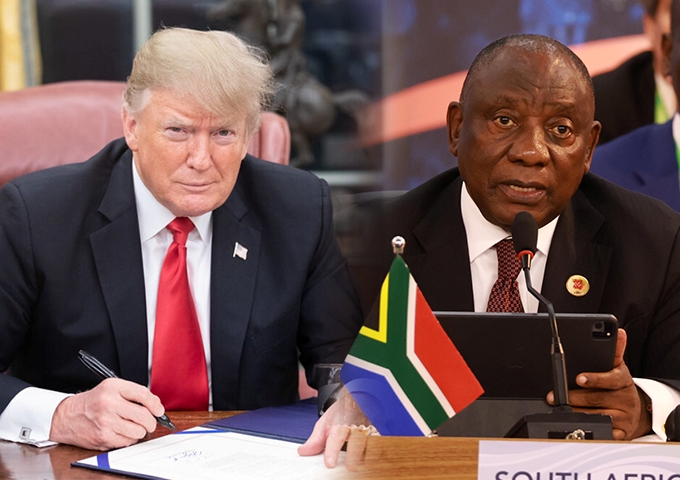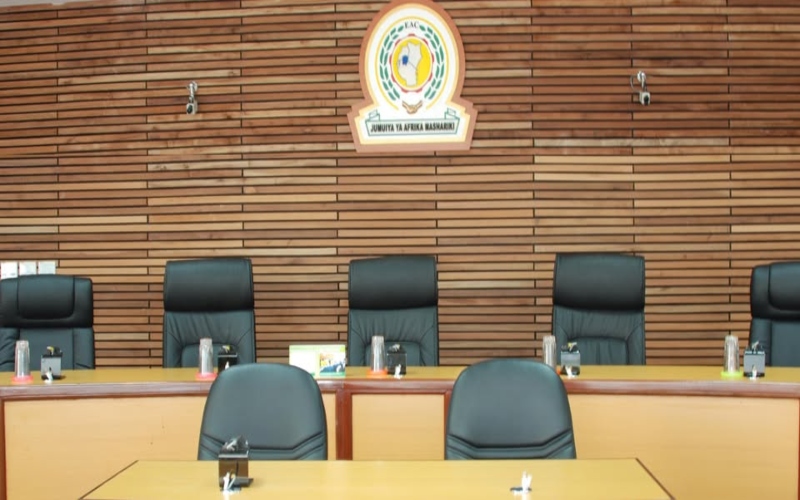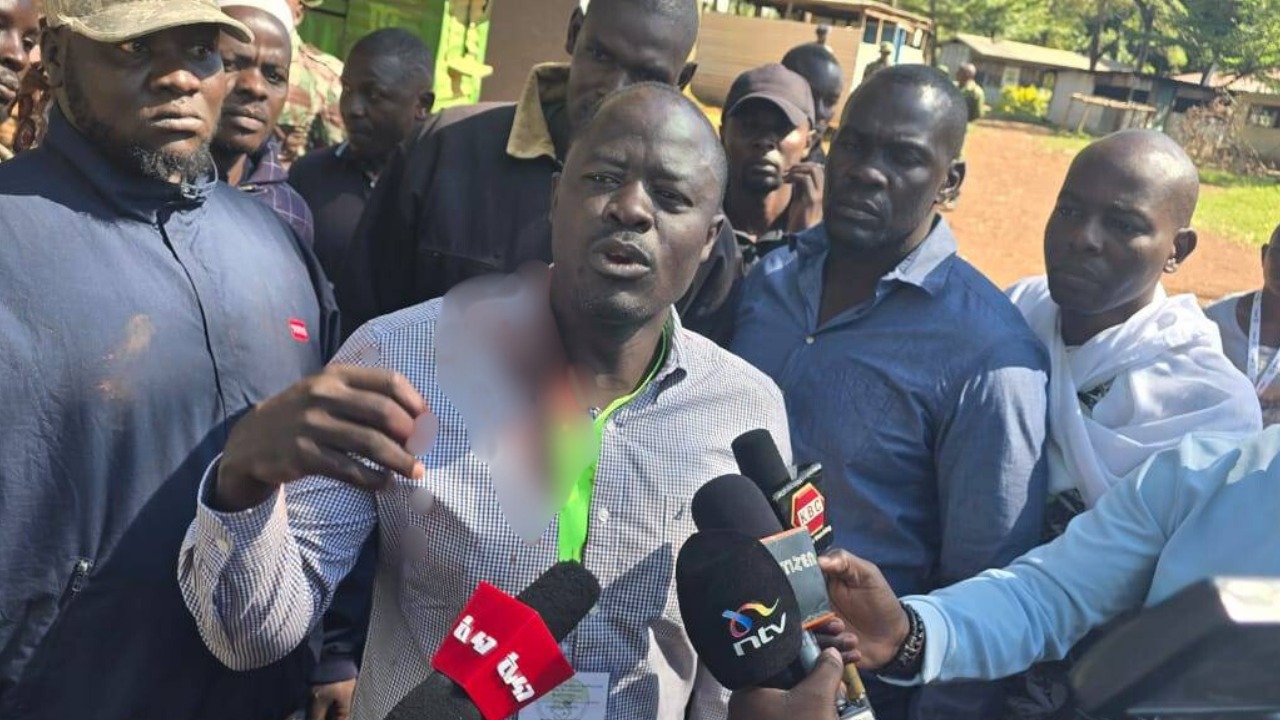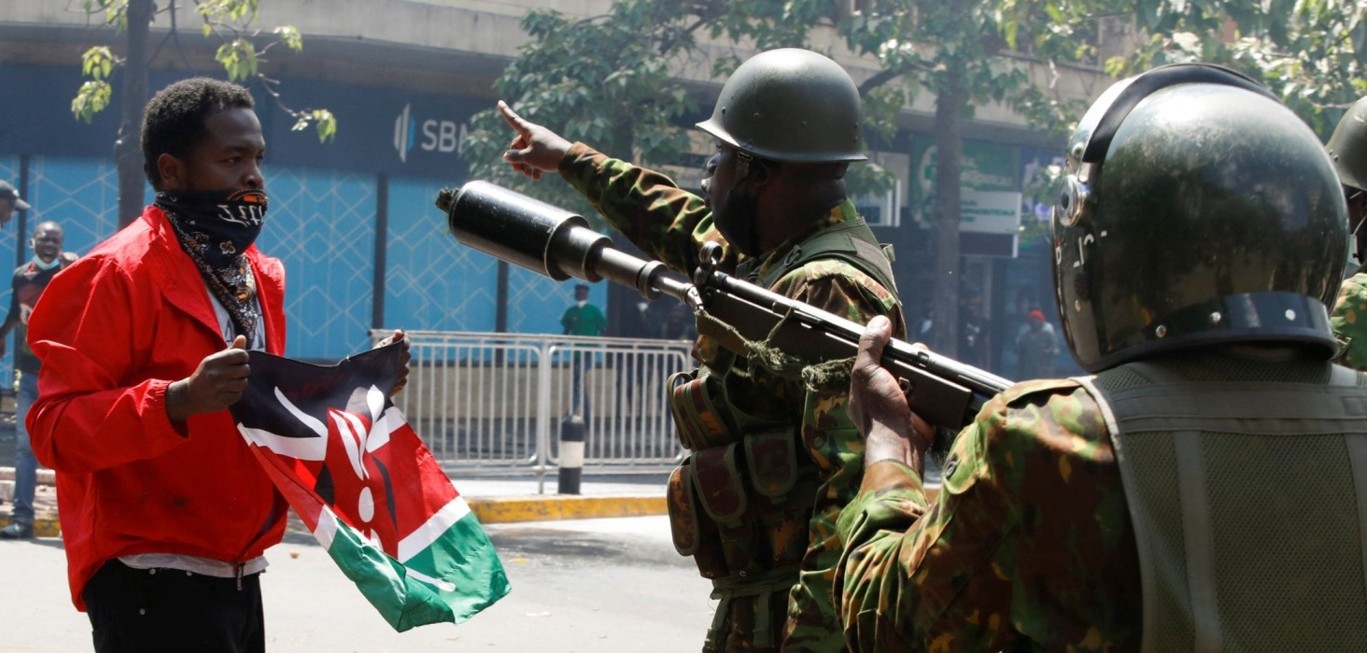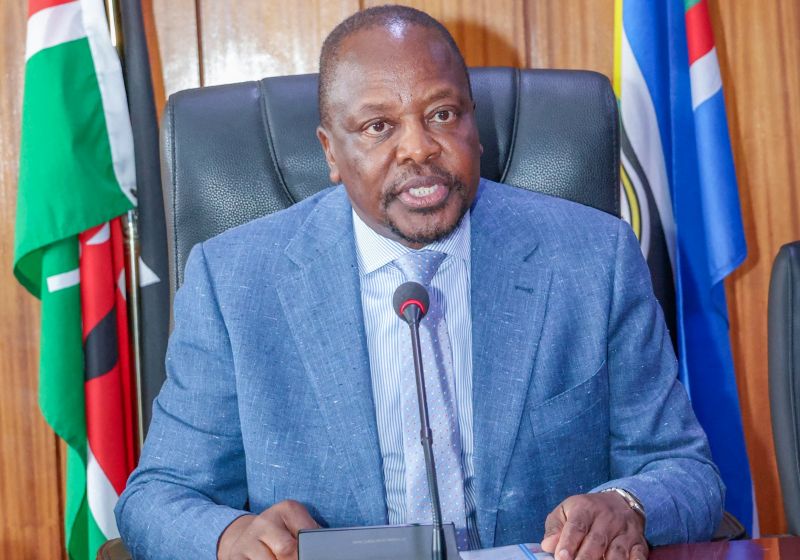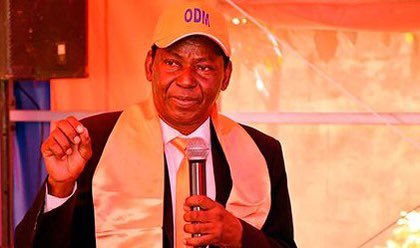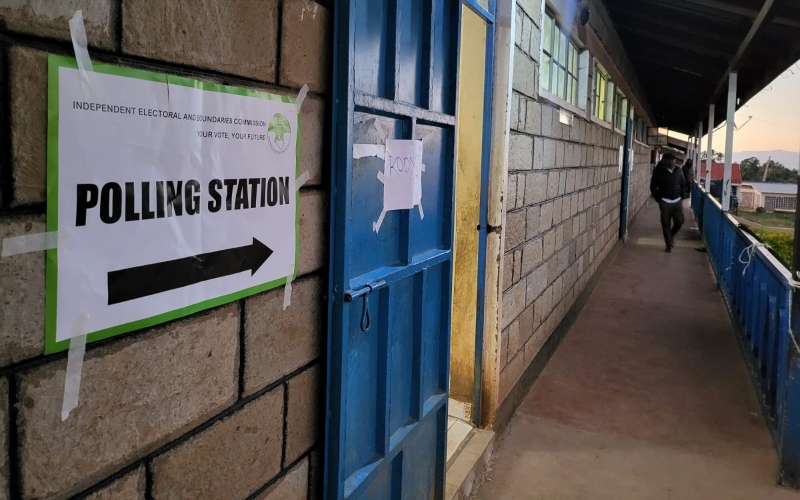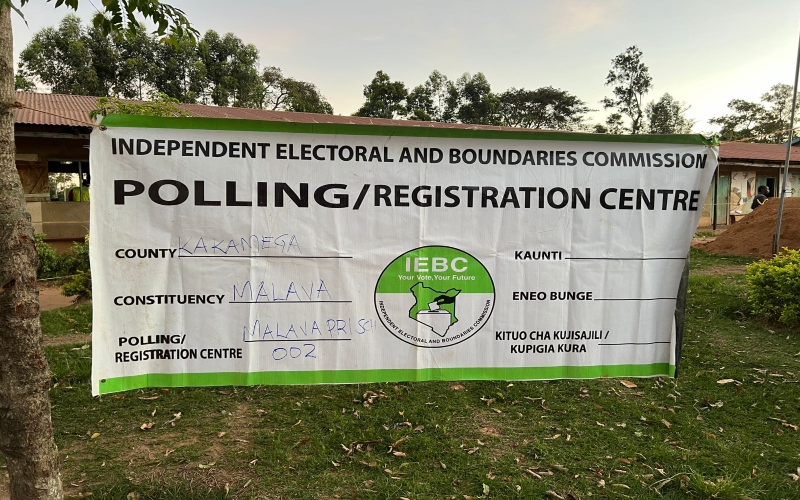Court extends freeze on Sh4 million linked to KNH CEO amid corruption probe
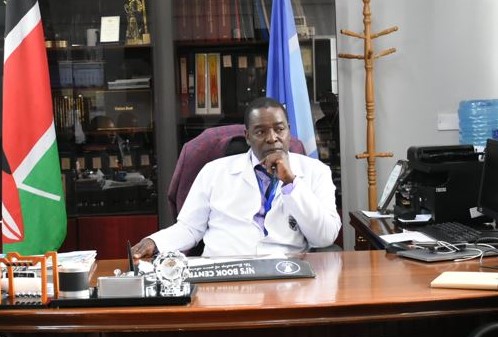
The funds were deposited into the account of Jacqueline Kavete Mbuli, who has since disowned the money, stating that she has no knowledge of its source.
A total of Sh4 million, linked to Kenyatta National Hospital CEO Evanson Kamuri and currently held in the bank account of a stranger, will remain frozen for an additional six months as investigations into its alleged corrupt origins continue.
The funds were deposited into the account of Jacqueline Kavete Mbuli, who has since disowned the money, stating that she has no knowledge of its source.
More To Read
- Ex-Samburu Governor Lenolkulal freed after court acquits him in Sh84 million graft case
- Over 280 county corruption cases under EACC investigation
- Justice and Equity Council accuses government of corruption and state repression
- EACC urges counties to strengthen anti-corruption measures and safeguards
- Witnesses detail financial fraud, exploitation in Sh356 million theft case against company director
- EACC recovers Sh505 million in plea bargain with ex-Migori Governor Obado's associates, puts assets up for auction
Mbuli informed the High Court that she received the funds in her Standard Chartered Bank account in May 2024 but noted that she was unaware of the deposit and had no interest in the funds.
Kamuri, who is seeking the lifting of the freeze, argued that the funds were proceeds from his salary and private dermatology practice.
On Friday, April 4, High Court judge Lucy Njuguna ruled in favor of the Ethics and Anti-Corruption Commission (EACC), agreeing that the funds should remain frozen until investigators complete their probe into the source of the money.
The judge emphasised the importance of preventing the dissipation of assets under investigation to ensure they can be recovered or forfeited if necessary.
“In the circumstances of this case, there is an absolute need to prevent the dissipation of assets under investigation, as such eventuality defeats recovery or forfeiture of such assets. Therefore, the preservation order will serve public interest, as opposed to being an infringement of respondent’s rights,” Justice Njuguna ruled.
But Kamuri argued that the preservation order had caused extreme hardship for him and his family, affecting his ability to meet day-to-day expenses and fund his children’s education.
“The preservation order has caused me financial constraints and affected my ability to finance my family’s education and my professional subscription fees to the Kenya Medical Association,” Kamuri told the court.
Mbuli, on the other hand, told the court that she had no knowledge of the funds’ source and had no connection to Kamuri. She explained that upon noticing the deposit in her account, she contacted the bank on May 24, 2024, asking for the funds to be reversed, but the bank refused to do so.
The EACC confirmed that there were crucial investigative points still to be covered. The commission requested an extension of the preservation order to allow time for detectives to complete their inquiries and issue notices to Kamuri regarding the alleged discrepancy between his assets and known sources of income.
Justice Njuguna stated that although prolonged preservation could potentially cause injustice, the right to a fair trial had to be balanced against the public interest. The judge also acknowledged that the ongoing preservation orders could be causing hardship for Kamuri and his family but noted that the need to preserve the funds outweighed the potential inconvenience.
“Preservation orders serve the public interest and protect the integrity of the investigation,” the judge said.
At the same time, the court lifted another preservation order on Kamuri’s account at Stanbic Bank, which had previously frozen Sh1.1 million.
The KNH CEO has been marred by corruption cases several times, with ongoing scrutiny over his wealth and conduct.
This is not the first time the EACC has stepped in freezing his bank accounts, as the commission continues its efforts to investigate allegations of illicit enrichment and ensure accountability in public offices.
Top Stories Today
